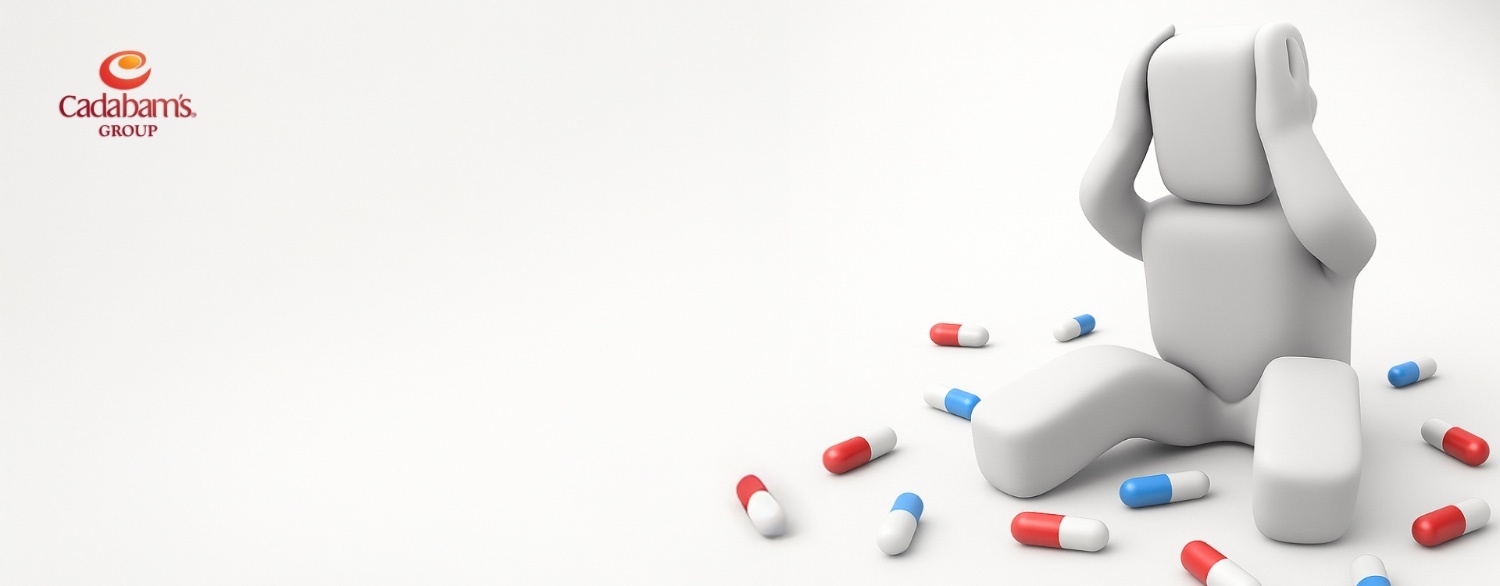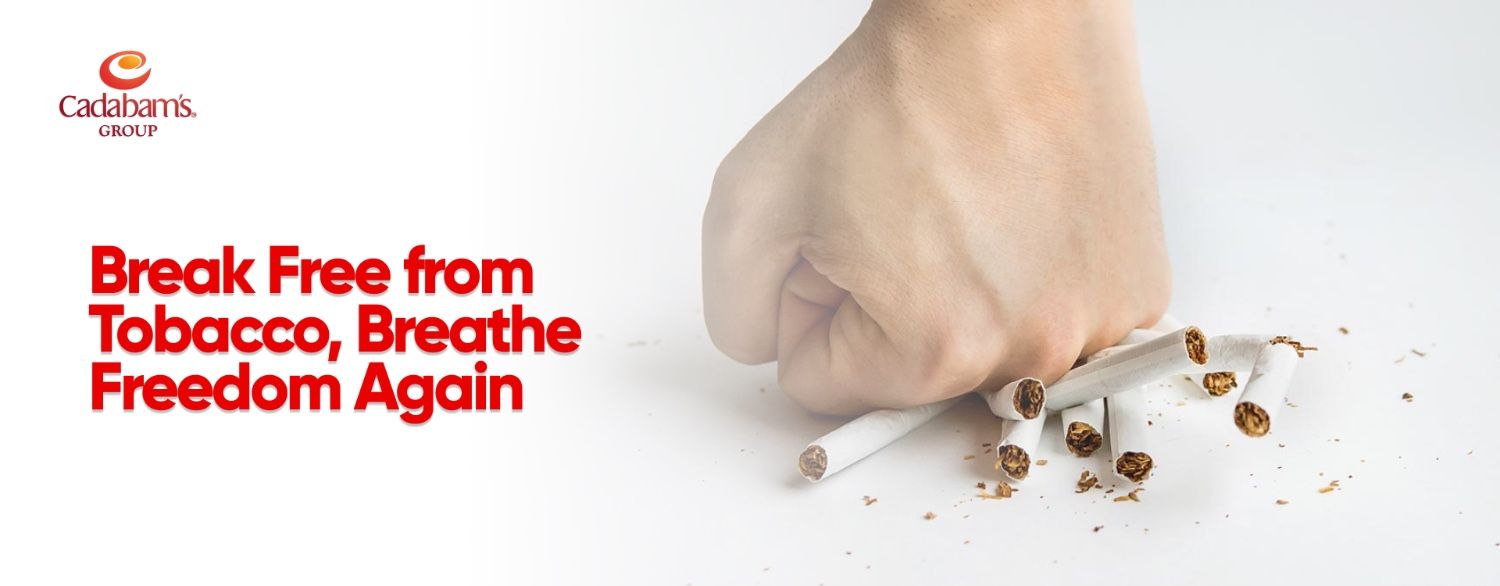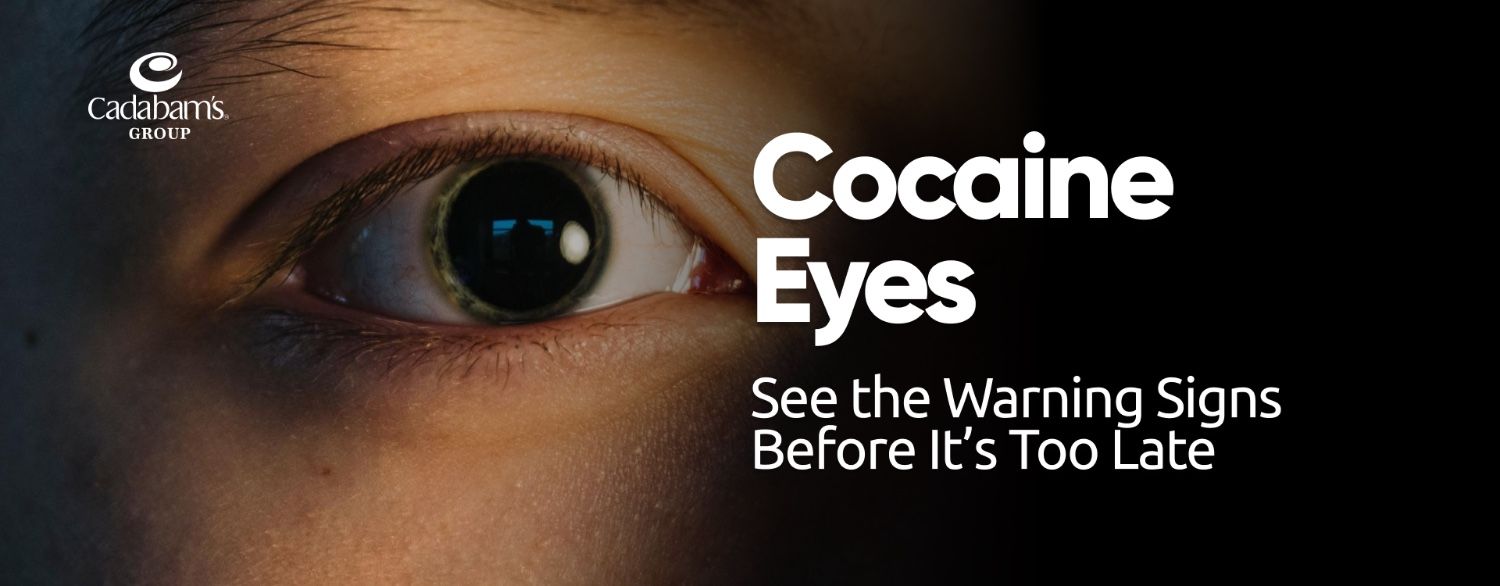Drug addiction or substance use disorder is a disease when a person is unable to control their use of a legal or illegal drug or medication. It affects their behaviour and mental health. It also damages their social and professional lives. Any attempt to stop the habit will result in withdrawal symptoms. Professional treatment and the support of family and friends can help a person to overcome an addiction.
Causes and Vulnerabilities
- There is a genetic predisposition to addictions
- The need for the chemical reaction that causes a high in inbuilt in humans
- Psychological problems and an inability to cope with stress and stressful events
- Socio-cultural background
- Lack of purpose and meaning in life
Symptoms of Addiction
- The constant need for the substance blocking out other thoughts
- The increasing need for more of the drug to get high
- Going to extreme lengths to get the drug
- Ensuring a regular supply of the drug and spending more than one can afford on it
- Missing out on family, social and work commitments due to the addiction
- Unable to quit knowing the harm it is causing
- An inordinate number of hours spent in obtaining the drug, taking it and recovering from it.
- Failing at attempts to quit due to withdrawal symptoms
Common Addictive Substances
The most common addictive substances are:
- Alcohol
- OTC Drugs
- Opioids
- Marijuana
- Nicotine in cigarettes
Why Treatment is Necessary?
Drug addiction leads the person down a spiral that takes a toll on their overall mental and physical wellbeing as well as the ability to live a normal life. Even if the person knows that they have a problem, it is very hard to get out of addiction without support and treatment.
Treatment Options
- Detoxification
- Cognitive Behavioural Therapy (CBT): For the person to understand their own behaviours and triggers.
- MET (Motivational Enhancement Therapy)
- Group therapy
- Individual counselling
- Relapse Prevention Therapy
At Cadambam’s we offer loving and caring support and a multispecialty team of doctors and nurses to provide world-class deaddiction treatments. The treatment plan is formulated for each individual. We also provide occupational therapy, psychosocial interventions, post-treatment care, community support and crisis intervention. Our goal is to ensure that the person receives adequate post-treatment support and is enabled to reintegrate into normal life.
FAQs
Why do people get addicted to drugs?
The addictive substance releases dopamine which is a chemical in the brain which causes the person to feel good or rewarded causing a high. The need for this high fuels the vicious cycle of drug dependency. Trying to stop causes mental and physical withdrawal symptoms.
Why does drug addiction change a person’s behaviour so drastically?
A person who is addicted to a substance will indulge in increasingly risky acts to obtain the drug. This desperation makes them behave out of character.
What are opioids?
These are drugs such as heroin, crystal meth, LSD, ecstasy, and MDMA. They are highly addictive and very difficult to recover from without treatment and therapy.
Can you get addicted to OTC medication?
Yes, prescription drugs such as barbiturates, benzodiazepines and hypnotics that are used to treat health issues can also produce a high and become addictive
Is marijuana addictive?
Yes, and it is also the most common first or gateway drug that leads to addiction to other substances.
Is relapse common during recovery?
Relapse is common in many recovering addicts and they are faced with the choice of either going back to the addiction or calling for help to get out of it. Therapy helps resist the temptation of relapse.
Do family and friends need to be a part of deaddiction?
Yes being surrounded by people who support the person helps in the process of deaddiction. At Cadambam’s we offer counselling for the immediate social circle of the person to sensitise them on how to help the person recover.
.webp)







